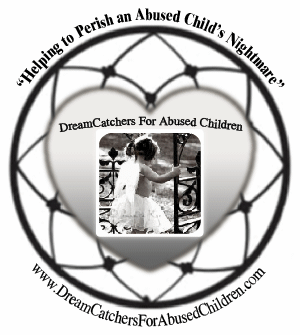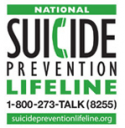Child Safety Tips
https://yourartbeat.net/2025/03/11/c603sm28 Child Safety Tips
Zolpidem Buy Online Uk One in 42 children will become lost, missing, kidnapped or run away this year. While stranger abduction is relatively rare, it still happens. Most abductions are perpetrated by someone the child knows.
Buy Ambien Cr Canada Child abduction is a tragedy….It devastates the parents, families, and touches all of us.
https://www.infoturismiamoci.com/2025/03/bycintbPlease read the following carefully about ways to keep your children safe.
Order Ambien From Canadahttps://municion.org/hl4hj70m7o Things You Should Do
Generic Zolpidem Online- * Pay attention to where your children are at all times; don’t lose sight of your child in public places.
- * Never leave children alone in cars.
- * Establish strict procedures for picking your children up at school, at a friend’s, a movie, etc. Tell your children not to accept rides from people with whom you have not made previous arrangements – even if they say they are a police officer, teacher, or friend of the family.
- * Establish a family code word. Tell your children never to go with someone who does not know the code word.
- * Teach your children their full names, your full name, address, and telephone number. Teach them how to reach either you or a trusted adult, and how to call for police assistance.
- * Make sure they know how to make local and long distance telephone calls. Even a small child can be taught to dial 911 or 0 for “Operator” for help.
- * Tell your children about the abduction problem in a calm and simple way as if you were teaching any other important coping skill.
- * Listen attentively if your children talk about anyone they encounter in your absence.
- * Have photographs of your children taken four times a year (especially for pre-schoolers). Make a note of birthmarks and other distinguishing features.
- * Have fingerprints taken of your children.
- * Remember that child predators look like regular folks.
- * Keep an open dialog about safety; give situational quizzes about all safety issues.
https://ballymenachamber.co.uk/?p=2ruhv2kb0
Teach Your Children
- * Never to leave the yard without permission. Very small children should play only in the backyard or in a supervised play area.
- * Not to wander off, to avoid lonely places, and not to take shortcuts through alleys or deserted areas.
- * They are safer walking or playing with friends.
- * Always to come straight home from school unless you have made other arrangements.
- * Never to enter anyone’s home without your prior approval.
- * To scream, run away, and tell you or a trusted adult if anyone attempts to touch or grab them.
- * Not to give out any information on the telephone, particularly their name and address, or that they are alone.
- * Never to go anywhere with anyone who does not know the family code word.
- * To keep all doors locked and only admit authorized people into the house. No one else should be permitted to enter.
- * To memorize their full names and address, including city and state.
- * To memorize their telephone number, including zip code.
- * How to use the telephone to make emergency, local, and long distance calls.
- * Never to go into your home if a door is open or a window is broken.
- * How to work door and window locks.
- * How to answer the doorbell and telephone when they are home alone.
- * To run to the nearest public place, neighbor, or safe house if they feel they are being followed.
- * To tell you if someone asks them to keep a secret, offers them gifts or money, or asks to take their picture.
- * To always tell you if something happened while they were away from you that made them feel uncomfortable.
By the time you finish reading this, 15 children will have been abused; In the next five minutes, 30 more; Within the next hour, 360 more; And by tonight, close to 8,000+ children will have suffered from abuse, 5 of which will die. Child abuse has increased 134% since 1980 and is now considered a worldwide epidemic. The high jump in child abuse deaths and the shocking increase in statistics highlights the frightening lack of public knowledge.
Educate Yourself -- Learn the Facts
It May Just Save a Child's Life!!


















![Validate my RSS feed [Valid RSS]](http://dreamcatchersforabusedchildren.com/wp-content/uploads/2009/10/valid-rss.png)












